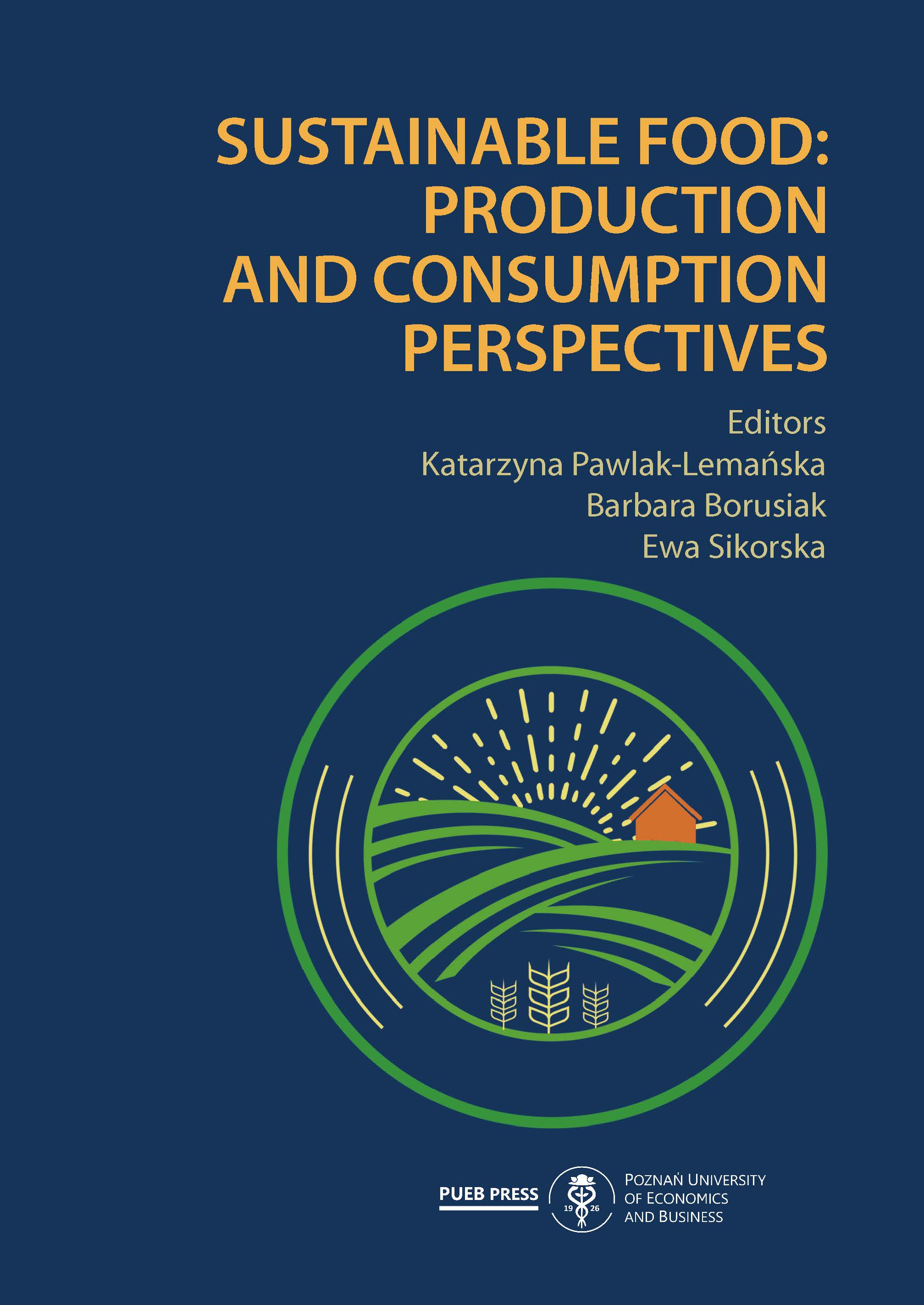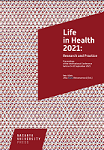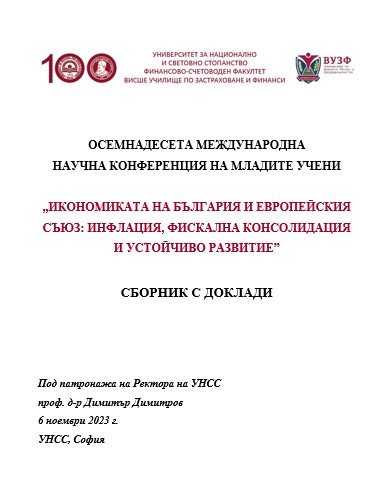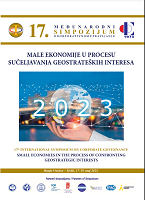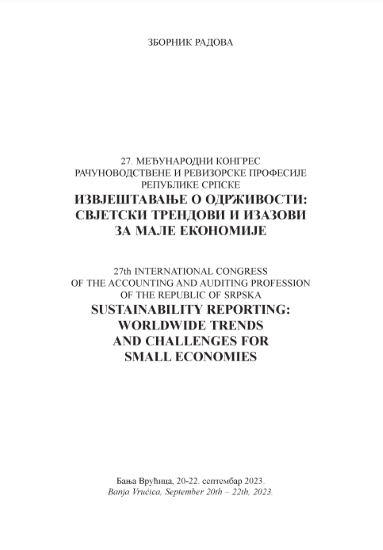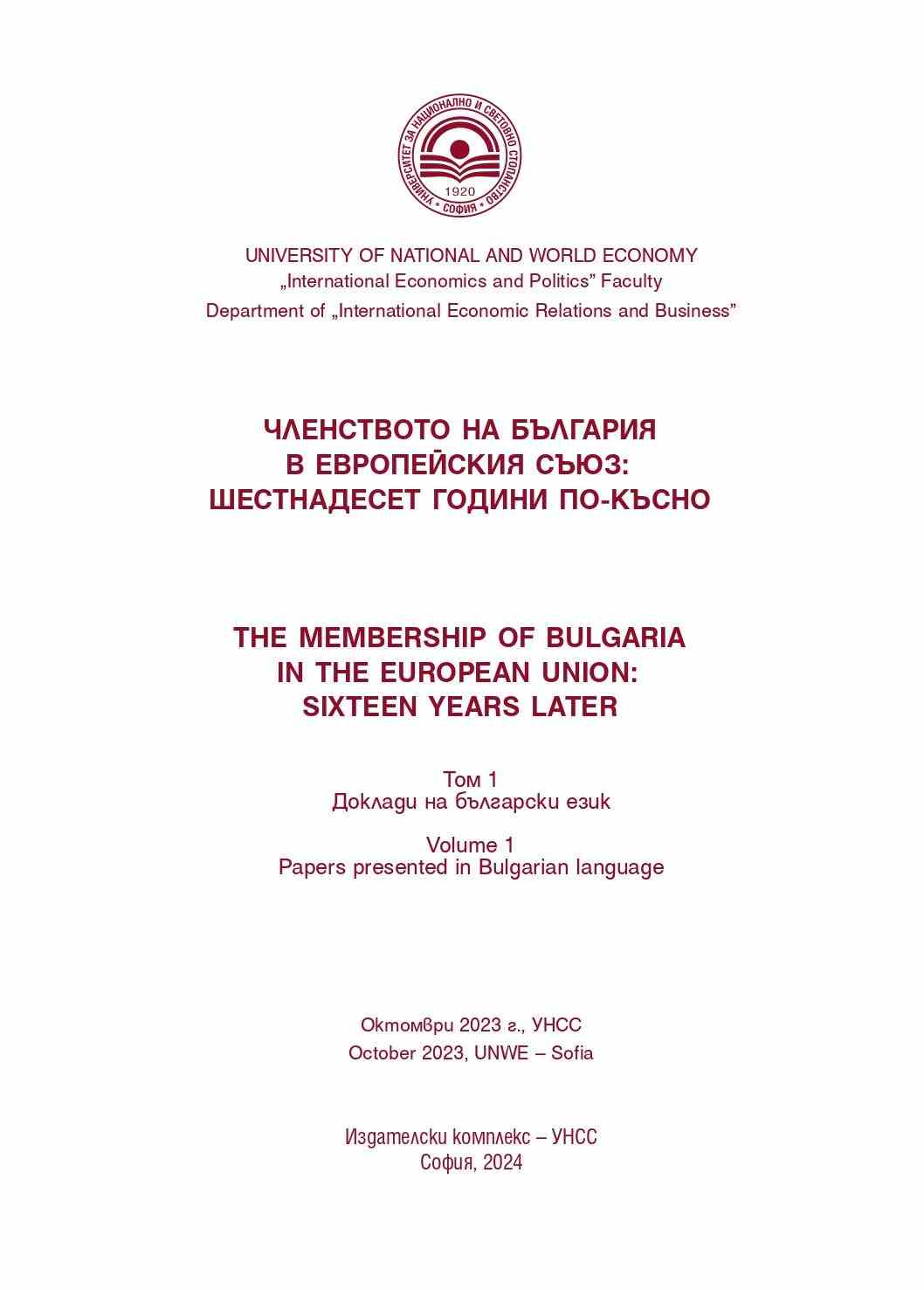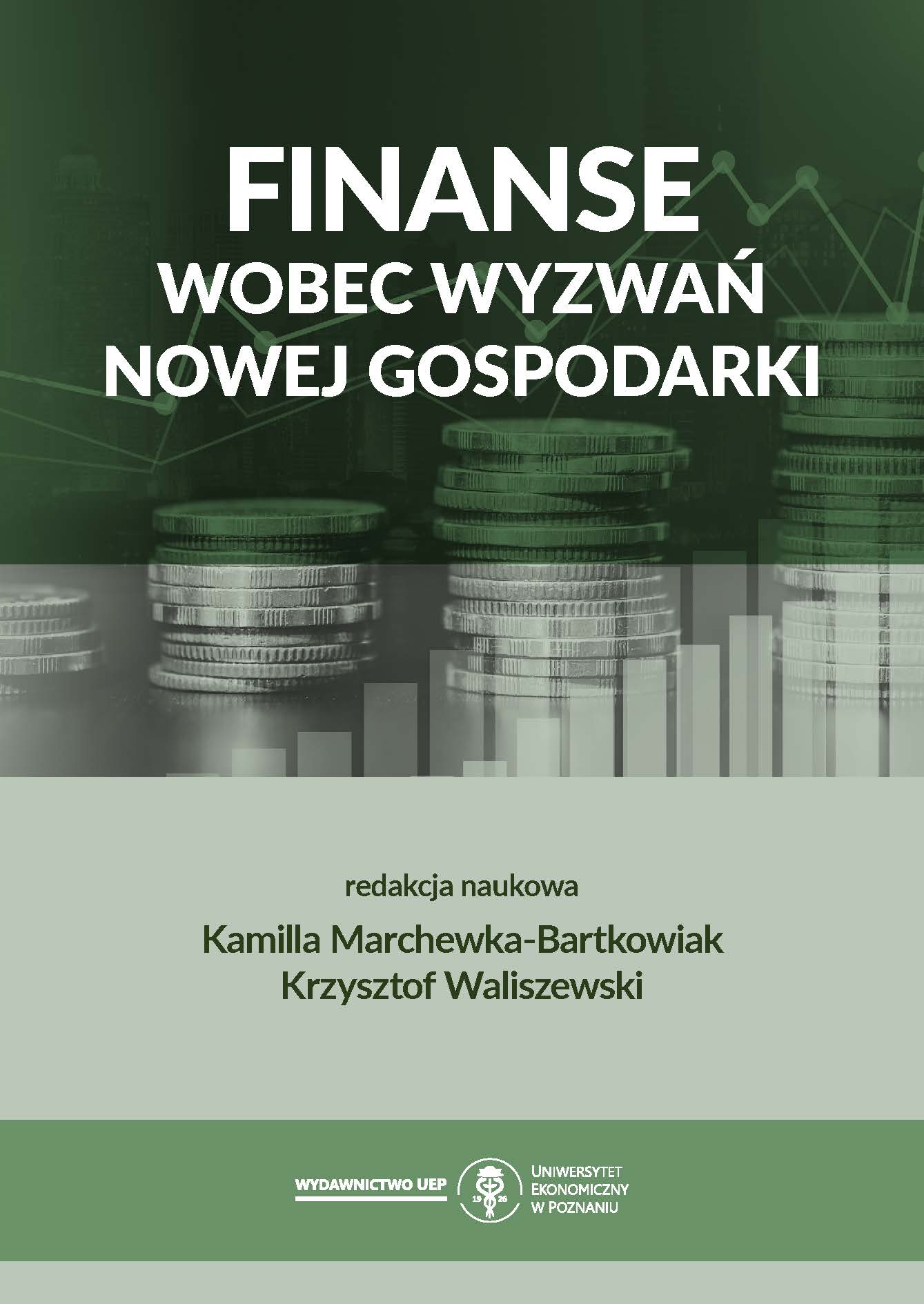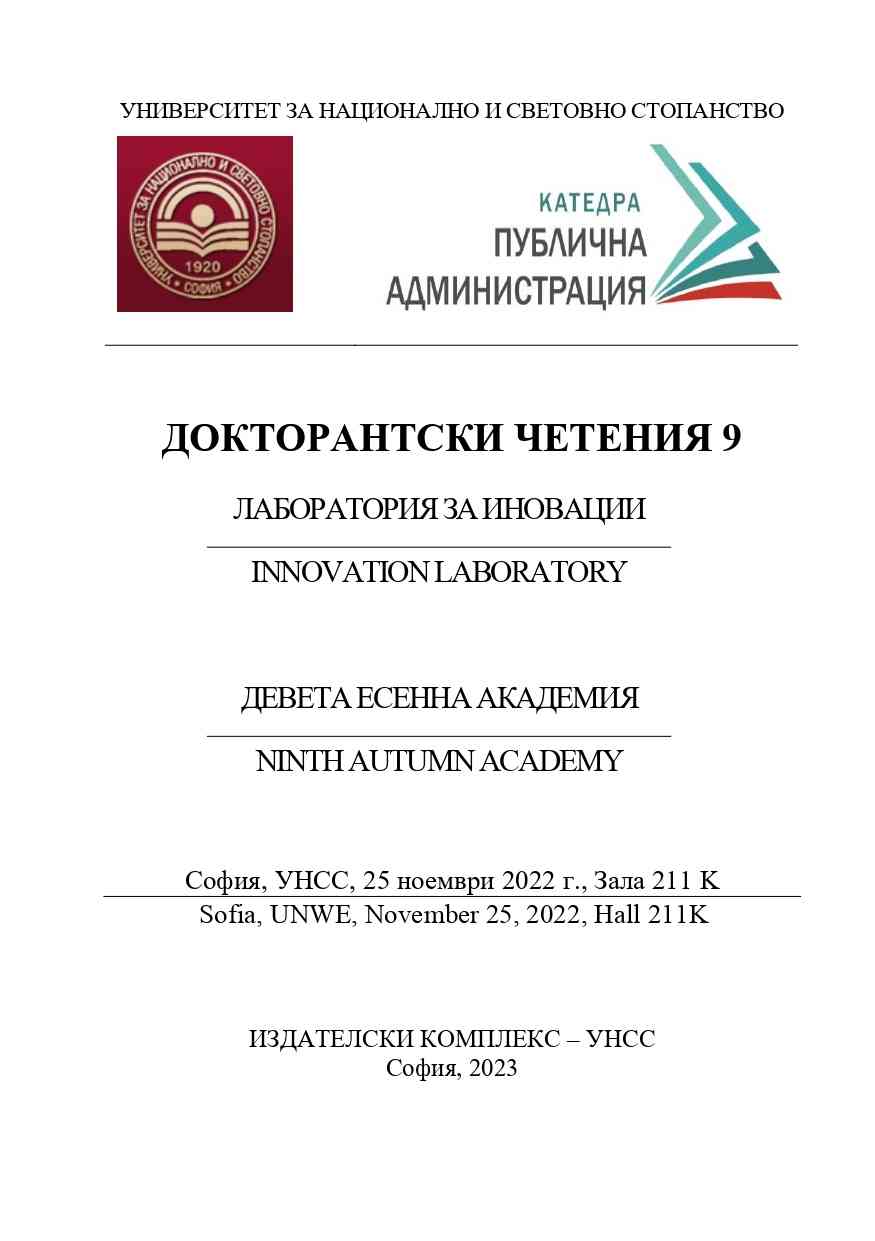
Административни процеси и механизми за комуникация между гражданите и централните органи на изпълнителната власт
This article presents the importance of administrative processes and mechanisms for communication between citizens and the central bodies of the executive authorities, which in turn leads to better functioning of the public administration in the Republic of Bulgaria. Process-oriented management and communication mechanisms are presented, which contribute to a more effective and efficient government. In the article, an attempt is made to highlight the main positive points in the introduction and implementation of administrative services as a means of communication between institutions and individual interested parties, as well as the application of good communication mechanisms, which in turn improve the service to citizens and companies (organizations). Also considered is the digital transformation of the public sector, presenting the best practices of the Patent Office of the Republic of Bulgaria, which is of key importance for ensuring the effectiveness and efficiency of the information resources and processes used through centralized and horizontal solutions for e-governance.
More...
